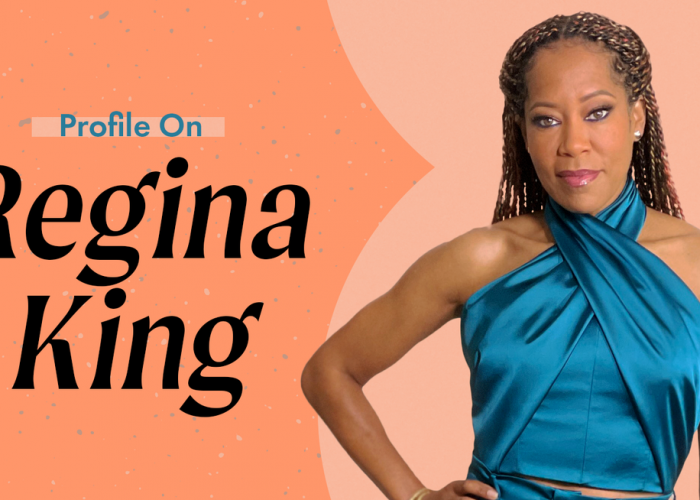It was impactful to see their friendship play out on screen because, like you said, we very rarely get to see Black men under the microscope that we as Black women view them every day: vulnerable, passionate, and emotionally raw. Was it important for you to convey that image to a wide audience?
I’ll be honest, I don’t know if my intention was to convey it to a wider audience. I’m one of those people that believes if you go into a project trying to please the entire audience, that’s the best way to fail, because you’re not going to be able to do that. So my audience started out as an audience of one: that one person being Kemp Powers. It is very, very clear upon first read that he’s celebrating himself, and I say himself because he’s a Black man. At least that’s how I received it. When you can write about something and share a very private conversation with the intent of making it public, that is a bit of a celebration, if you will.
It was a bold move to write this conversation through the voices of four of the most iconic men in history. He humanizes these men, when we tend to put them on a pedestal instead of looking at them as men first…men capable of making mistakes. But it’s human nature to make mistakes. It’s part of the growth process. No one that is worth their weight in gold [got there] because they didn’t make a mistake. He just humanizes them in a way that made us watch this, or in my case, read this and drop the titles. I’m not seeing the titles of great activist, great athletes, or great singer, I’m just seeing four men that I recognize, you know?
Speaking of raw emotion, its hard not to compare the themes of race and activism in the film to present day. Theres a scene where Malcolm X cries out, Black people are literally dying in the street every day. How much did the events from todays social climate impact the way you directed the film?
We always felt like it was going to be timely, before the events of 2020. So it just really made it feel even more urgent. For these conversations to happen publicly, I think that it’s a reminder that in ’64, while this is a dramatization of what could have been discussed that night, they were experiencing powder keg moments then. Unfortunately, history repeats itself. Prior to the ’60s, these conversations were happening. They were just fresh off of four girls being bombed in the church in Alabama, they were just fresh off of JFK’s assassination, so the urgency that you hear in Malcolm’s voice in that moment is the same urgency that exists right now.read more
Regina King On “One Night In Miami,” “Legally Blonde 3,” And Finding A Brother In Tupac Shakur


